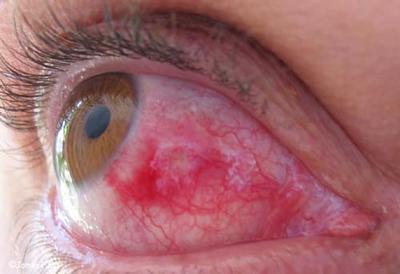This is not my idea of moving towards a utopian society people
KENNEWICK, Wash. (AP) -- Forced to clean up an increasing number of jugs and bags of human waste along highways, the Adams County Waste Reduction & Recycling office took out a full-page newspaper advertisement to combat the problem.
The ad features a photo of a plastic milk jug filled with urine, and the message, "Okay, One last time: This is not a urinal."
From March 4 to Nov. 27, 2002, one Adams County highway cleanup crew picked up 2,666 jugs of urine and 67 bags with human excrement in them.
The problem isn't limited to Adams County.
Megan Warfield, litter program coordinator for the state Department of Ecology, had posters similar to the newspaper ad printed and made them available for any county that wanted them. About a dozen counties have ordered copies to deal with the problem, she said.
"All of the cleanup crews encounter it. It's pretty much the same around the state," she said. "Ironically, they're mostly found on interchanges near rest areas. Why can't they stop there?"
Ninety-nine percent of urine is sterile, but could be dangerous if it contains hepatitis or blood, she said.
Warfield said human waste falls under a newly created category that the Legislature created last spring: potentially dangerous litter.
Human waste, dirty diapers, cigarettes, cigars, tobacco or other items that can start a fire, and hypodermic needles or medical instruments designed to cut or pierce, fall into that category.
The fine is $1,025 for anyone caught dumping such waste, but the new penalty doesn't seem to be easing the problem.
Karen Cagle, who supervises highway cleanup crews in Eastern Washington, had never heard of urine jugs when she started her job in 1989.
Now the numbers grow each year.
"Several years ago, we started finding them and didn't know what to do with them and left them. But you can't leave it there or the freeways would be (flooded)," she said. "It's incredible what's out there. Where is it going to stop?"
Gary Lembacher, who oversees the litter program in Eastern Washington, said he does not let the kids on his work crews pick the bottles up.
"I just don't trust any liquids," he said. "You don't know if it's pesticide or if there's something used in methamphetamine."
Taxpayer money not only pays for highway cleanup, but also pays for the state Department of Transportation to dispose of the human waste at the landfills.
"I don't know what the answer is," he said. "People are getting more out of control."


0 Comments:
Post a Comment
<< Home